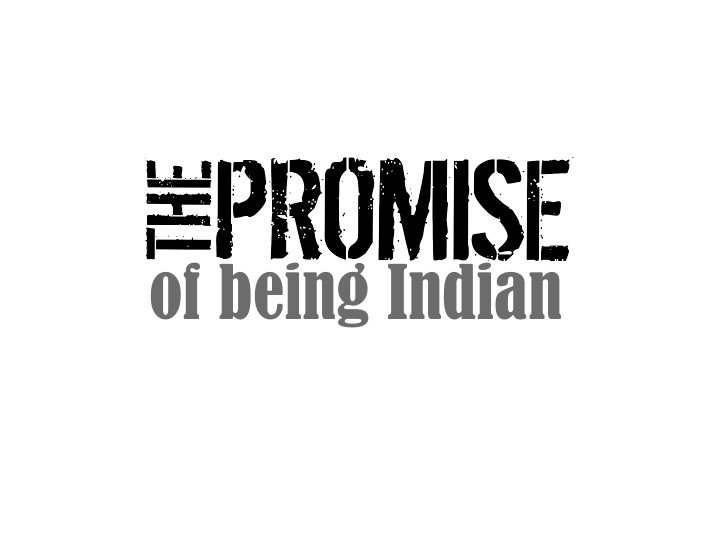Last weekend I attended this fascinating event called “Ideas on India”. It had some big names from the current and the previous government speaking on their ideas on India. The program also had some well-known and senior ex-servicemen as speakers, who shared the idea that India is (I love the concept of India being an idea).
I am sure this program provoked different thoughts for participants and each were left with some question or the other in their minds. The question that got triggered in my mind was “What does being Indian mean to me?” and “What is my relationship with my country?”
And to answer that question, I looked closely at the meaning of the word ‘relationship’.
A Relationship for me is a promise.
I am the father of my children. While my children are my own, it is not that because they were born through me that I have a relationship with them of being a father. I am their father because I choose to be in this relationship with them and honour the promise of this relationship. There is a certain set of expectations that my children, my wife, my parents, my children’s school and the society have of me as a father. And when I honour their expectations do I truly become a father in their eyes.
My brother on the other hand has two adopted sons. They were not born through him, and yet, his promise as a father is by no means any less than mine. So, my claim is that being a father is not about blood, but about a promise.
My relationship with India, and with being Indian
If I had to take the same logic to my relationship with my country, India, I am not Indian because I was physically born in India or because I was born to citizens of India. Being Indian is a promise, the same way as being a father is a promise.
The question then that came up for me was ‘what is my promise to my country because of which I can choose to call myself an Indian?’
Simply because I was born in India does not give me the right to call myself Indian. Being in any relationship has a set of duties, and similarly, being in a relationship with my country, and calling myself Indian has a set of duties – and these duties are my promise to me being an Indian.
The 42nd amendment of the Constitution of India in 1976 added duties of Indian citizens (originally, the Constitution of India did not contain any list of fundamental duties). There are two interesting points that I want to bring your attention on:
1. Unlike in the erstwhile Soviet Union, which made the enjoyment of fundamental rights conditional on the fulfillment of duties – India does not have any such provision in the Constitution.
2. The fundamental duties are non-justiciable (subject to trial in a Court of Law) in character. This means that no citizen can be punished by a court for violation of a fundamental duty.
While the State does not punish me for not fulfilling my duties toward the State, clearly that does not absolve me or anyone else from their duties. However, in my assessment, I am breaking the promise of being Indian when I do not comply with these duties (If you are interested in seeing your duties as an Indian, please click here https://india.gov.in/sites/upload_files/npi/files/coi_part_full.pdf and refer to Part IVA)
While continuing the comparison of my relationship with my daughter as a father on the one hand, and my relationship with my country on the other, there are certain unspoken expectations of each of these relationships.
For example, the unspoken promises of my relationship with my daughter are to encourage her, to promote her, to support her, to respect her, to honour her, to hold her to account, to love her, to provide her with the dignity that she deserves, and so on.
There are certain ‘duties’ that I have as a father and then there are certain ‘unspoken expectations’ that my daughter has of me. Both these are as important for me to honour the promise of being a father.
Similarly, I see my relationship with my country as no different. I have a certain set of duties toward my country, which are explicitly stated in the Constitution of India; and then the country also has a set of expectations of me, which are not explicitly stated, yet are important for the fulfillment of my promise as an Indian. These unspoken promises of my being Indian, in my assessment, are to promote her (India), to support her, to respect her, to honour her, to hold her to account, to love her and so on (very similar to the expectations of my daughter).
To have the right to call myself an Indian, I have to first fulfill my duties and also the expectations the country has of me.
This is the future that I would like to see – a future where each Indian understands the promise of being Indian and honours this promise!
Sameer Dua, Founder Director, Institute for Generative Leadership, India
Schedule a Conversation
Please help us with your details.




